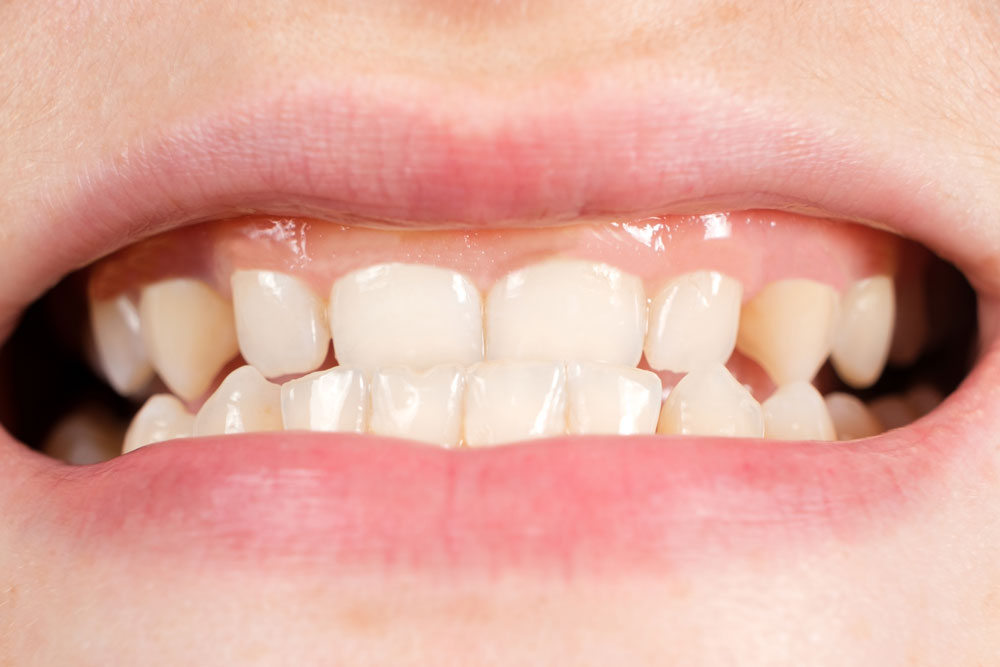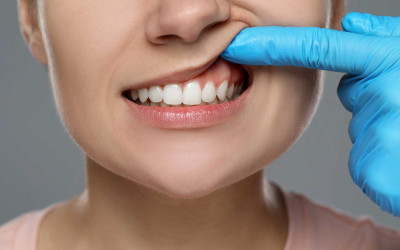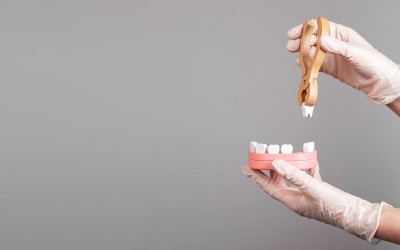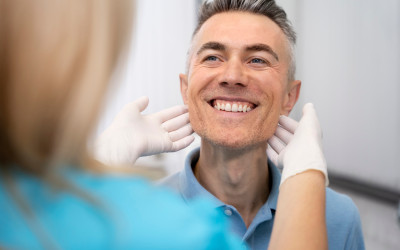How To Trouble The Problem Of Tooth Crushing?

How To Trouble The Problem Of Tooth Crushing?
- 26 June 2022
- 27704 views
Teeth grinding leads to unconscious clenching of teeth during sleep and various problems accordingly.
This content is for informational purposes only and does not replace medical advice, diagnosis, or treatment. Please consult a healthcare professional for any health concerns.
Table of Contents
If you have frequent jaw pain and headaches, you may be grinding your teeth at night. Teeth grinding is not just an inconvenience. If it is not controlled and the necessary treatments are not applied, it can cause serious tooth and jaw problems.
What is Teeth Grinding?
Teeth grinding is also known as bruxism.
It is a disorder that causes unconscious clenching of the teeth during sleep.
It manifests itself in three different ways:
- Clenching of teeth
- Sudden closure of the jaw when the mouth is open during sleep
- Teeth grinding
Bruxism is usually a disorder of dental or neurological origin. In patients who grind their teeth, teeth clenching during sleep is 3 times more powerful than that of normal individuals.
In addition, the strength of muscle contractions is higher than in the state of wakefulness. Therefore, if no precautions are taken, it can cause serious problems in the future.
Problems Caused by Grinding Teeth
Bruxism can lead to the following problems:
- Causing tooth sensitivity as a result of erosion of tooth enamel and dentin.
- Cracking and breakage of teeth, bridges or implants
- Tooth sensitivity
- Pain or loosening of the teeth
- Facial pain due to tightening of the jaw muscles
- Headache
Teeth Grinding Causes
The causes of bruxism are as follows:
- Genetic factors
- Medications used
- Neurological or psychological problems,
- Stress
- Sleep disorders (such as sleep apnea, restless legs syndrome)
- Imbalance in intraoral tissues
- Faulty prosthesis
- Presence of decayed teeth
Teeth Grinding Symptoms
The most common symptoms of teeth grinding are headaches and jaw joint discomfort. Other common symptoms;
- Abnormal tooth abrasion
- Broken teeth
- Inflammation of the tooth
- Recession of the gums
- Increased tooth sensitivity due to wear of tooth enamel
- Jaw pain or tightness of muscles around the jaw
- Migraine attacks
- Jaw locking
How to Prevent Teeth Grinding?
What can be done to prevent teeth grinding is as follows:
- Reducing stress
- Wearing a night plate (mouth guard)
- The cause of teeth grinding can be caused by misaligned teeth. For this reason, it is necessary to correct the alignment of the teeth with the help of braces by contacting a dentist. With braces treatment, teeth grinding caused by misaligned teeth is prevented.
- Avoiding alcohol and caffeine
- Using mandibular advancement devices: Mandibular advancement devices are devices that are specially worn to bring your lower jaw forward during sleep. They are also used to manage snoring and sleep apnea.
Bruxism Treatment
The treatment for bruxism depends on the cause of the teeth grinding. The treatments used in bruxism are as follows:
- Bruxism can cause fillings and veneers to break, wear or break teeth. Therefore, your teeth need to be restored with new fillings or veneers.
- Orthodontic treatment method can be used to adjust or align your tooth closure.
- If you have a problem with teeth grinding caused by stress, you should resort to stress reduction methods.
- Jaw botox or completion of missing teeth
The treatment methods mentioned are also used as a basis in the treatment of sleep disorders. The most commonly used treatment method is the use of mouth-preserving plaques. However, the use of plaque in bruxism is thought to cause an increase in muscle activity between 20% and 50%.
Therefore, nocturnal plaques prevent tooth and tissue damage rather than treat teeth grinding. However, since plaques are difficult to use at night, less than 20% of patients use plaques for more than 1 year. The rest is often not used at all.
Treatments for teeth grinding may require regular application. Therefore, continuity in treatment is essential. If you have a bruxism problem; You should definitely be examined by a dentist in order to prevent your teeth from being damaged and to avoid more serious problems in the future.







